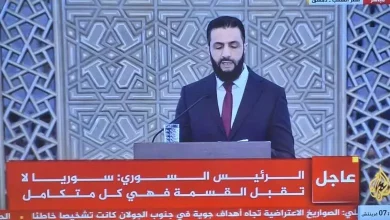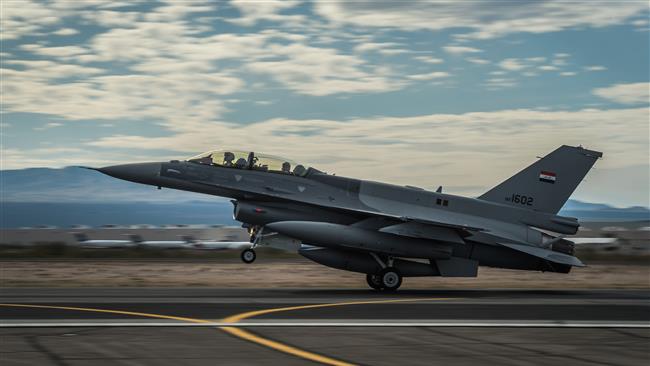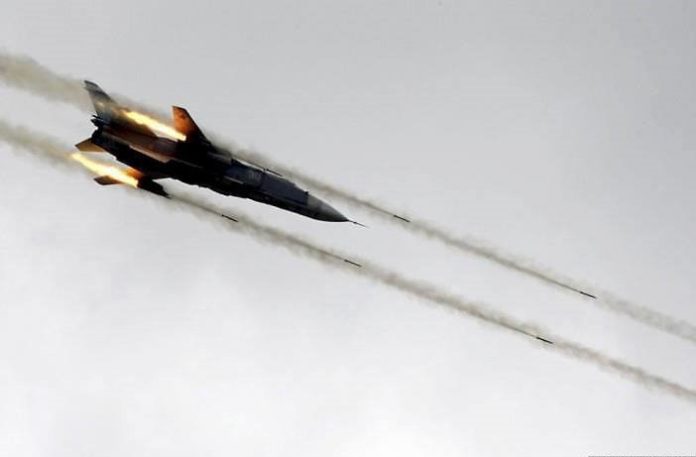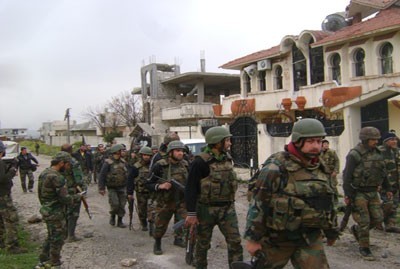PM affirms need to monitor and regulate market prices during Ramadan
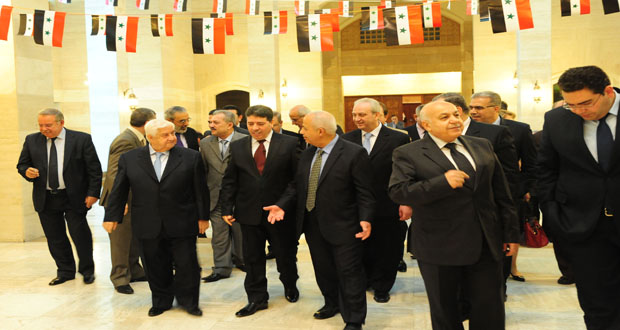
 During a weekly Cabinet session on Tuesday, Prime Minister Dr. Wael al-Halaqi said that life in Aleppo is gradually returning to normal following the victories of the Syrian Arab Army which restored security and stability to several areas.
During a weekly Cabinet session on Tuesday, Prime Minister Dr. Wael al-Halaqi said that life in Aleppo is gradually returning to normal following the victories of the Syrian Arab Army which restored security and stability to several areas.
Premier al-Halaqi reviewed the results of his visit to Aleppo province on Monday, saying that production is being resumed in industrial zones that have been secured in Aleppo such as al-Arqoub.
He noted that food and consumer products are available in good amounts in markets, warehouses, and storage centers in the province, with no shortages of bread, food, or petroleum products, adding that the biggest challenge facing the government in Aleppo is dealing with the drinking water situation caused by terrorist attacks on water networks.
Al-Halaqi said that electricity production has increased in Aleppo, which should reduce rationing hours, and that relief efforts are also improving.
The Prime Minister stressed that staying in touch with citizens have produced tangible positive results, calling for ensuring the availability of consumer products and monitoring markets to curb any rise in prices during Ramadan.
He also underlined the government’s efforts to improve the state of the economy and the Syrian Pound exchange rate, in addition to its work to improve the administrative sector and computerize work in it.
During the session, Deputy Prime Minister, Foreign and Expatriates Minister Walid al-Moallem, reviewed the latest political developments in the world, underlining the importance of the national reconciliations being carried out at an accelerated rate and the victories achieved by the Syrian army.
The Cabinet approved a number of bills, including on amending the law on annual agricultural plans, one on amending the law regulating the work of veterinarians, and one on amending customs fees, in addition to setting the working hours of state workers during Ramadan to be from 9 AM to 3 PM.
